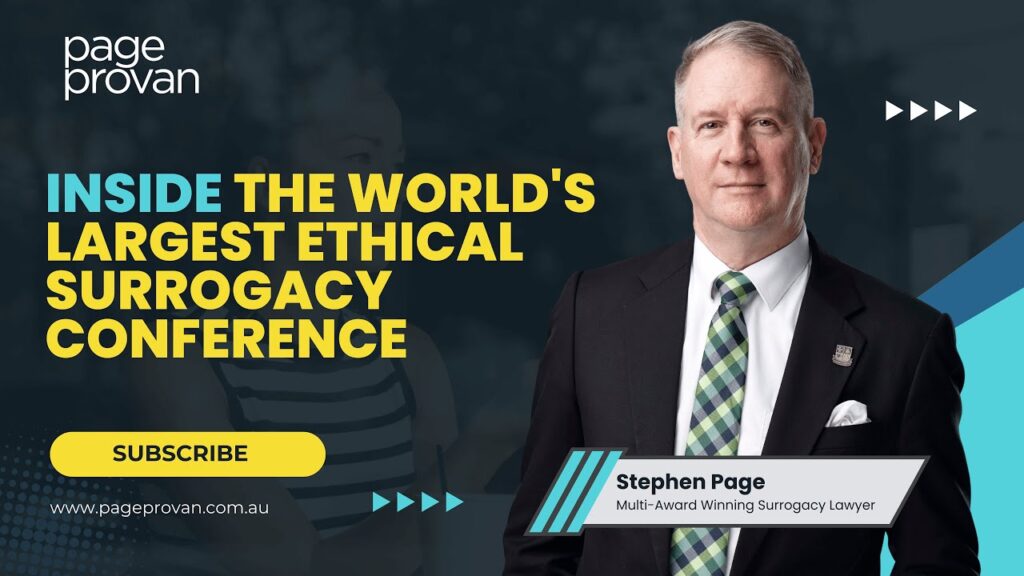The Hague comes up with a draft guide to grave risk under the Hague Convention
Lawyers and judges should not be so lazy, as there are many Hague Conventions- and the signatories for each one are different.
Be that as it may, one of the defences to a Hague Convention application is to say that the child is at grave risk of harm if the child were to return to the country from which it originally travelled. This defence is available under Article 13(1)(b) of the Convention.
The Hague Permanent Bureau (the body that manages Hague Conventions) has now released a draft guide as to how to assess Article 13(1)(b) cases. The Guide is over 120 pages long, but for the first time talks about the possibility of mediation as well as domestic violence.
The Convention has been criticised by women’s groups because of its alleged failure to properly take into account allegations of domestic violence when assessing grave risk. When the US was pushing Japan (ultimately successfully) to sign the Convention recently, women’s groups were resisting, because of the perception that domestic violence was not taken seriously enough.
I recall some years ago I acted for the mother of two children who was resisting their return from Ireland to Australia because, she said, there had been severe domestic violence. The father denied that there had been any domestic violence. Rather than assess the domestic violence, the Irish court ordered the return of the children to Australia, saying that Australian courts could properly assess whether or not there had been domestic violence.
The Australian court ultimately found that the time between the children and their father ought to be supervised.
The draft Guide says this about assessing domestic violence:
“When assertions of domestic violence are raised in the context of an Article 13(1)(b) case, the appropriate and expeditious examination of such assertions falls to the judicial or other competent authority hearing the return proceeding, including whether any substantiated assertions meet the threshold of posing a grave risk to the child.”
One wonders if this approach had been taken in the Irish case whether the court would have ordered the return of the children to Australia.
The Guide even refers to the availability of risk of harm assessment tools.
The draft Guide is here. The Bureau has circulated the draft for comment by members nations, including Australia. If you have issues about the draft, and you’re a lawyer, then let the Family Law Section of the Law Council of Australia know. If you’re not a family lawyer, I suggest that you let Federal Attorney-General Senator George Brandis know your views.












